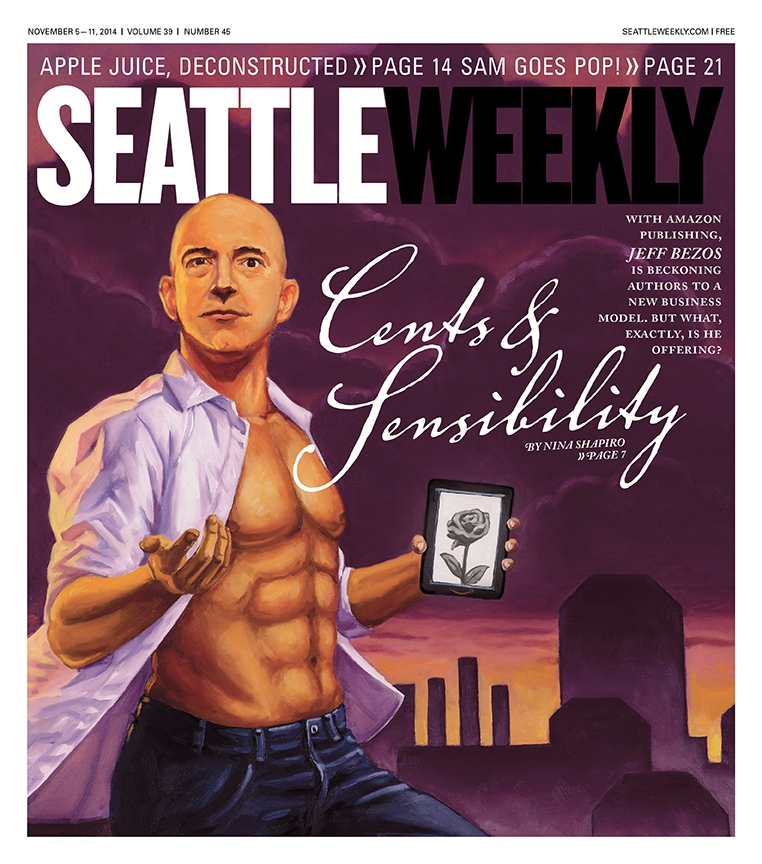Earlier this month, we wrote about Amazon’s newly developed publishing efforts and the complicated effect they’re having on writers. That was with respect to books. But Amazon CEO Jeff Bezos also has an interest in newspaper publishing as evidenced by his surprise purchase of The Washington Post last year.
There’s been a lot of speculation since then about why Bezos took on a declining publication in a declining industry and how he might try to reverse that trend. Now, we know.
This morning, the Post
announced the unveiling of a Kindle app that will offer twice daily editions of the paper as part of a plan to turn it into a national and even international publication. The app will offer free access to the Post for six months, to be followed by a $1 fee for the next six months, and a monthly fee after that still to be determined but likely to be in the $3 to $6 range, according to the paper.
This is undoubtedly a very smart move on Bezos’ part. One thing we learned from Amazon’s publishing efforts is its ability to leverage the Kindle platform and the company’s tremendous store of customer data to market effectively and increase readership exponentially. Local author Megan Chance, for instance, recounted how she sold seven times more books after switching from a traditional publisher to an Amazon imprint.
One can imagine the same thing happening with the Post. Amazon could market the paper to customers it knows bought books on, say, national politics. It could offer “daily deals” on subscriptions the way it does on books. It could, and no doubt will, display the Post app prominently in the Kindle store.
Presumably, this would not only be good for the Post, but for Amazon as well. As local author Aaron Shepard told Seattle Weekly for its cover story: “Books have always been a loss leader for Amazon, a way to attract customers for more profitable items.” With newspapers, Bezos has a way to attract potential customers to Amazon once or even twice a day. The company has already said, according to the Post article, that “it hopes content from The Post will make using its tablet more appealing.”
Does Bezos have broader plans to expand into the newspaper industry? Does he hope to make the Kindle the primary delivery model for the industry as a whole once it goes all digital? Would that set up a battle with newspapers similar to the battle it has waged over profit margins with book publishers?
It’s too soon to say. But if Bezos can revitalize the Post, historically one of the country’s great newspapers, journalists will certainly cheer. As with authors, though, the impact on their bottom line might be complicated. According to a Bloomberg story last month, the Post under Bezos has “hired 100 new journalists while cutting pensions and other retirement benefits for current employees.”








